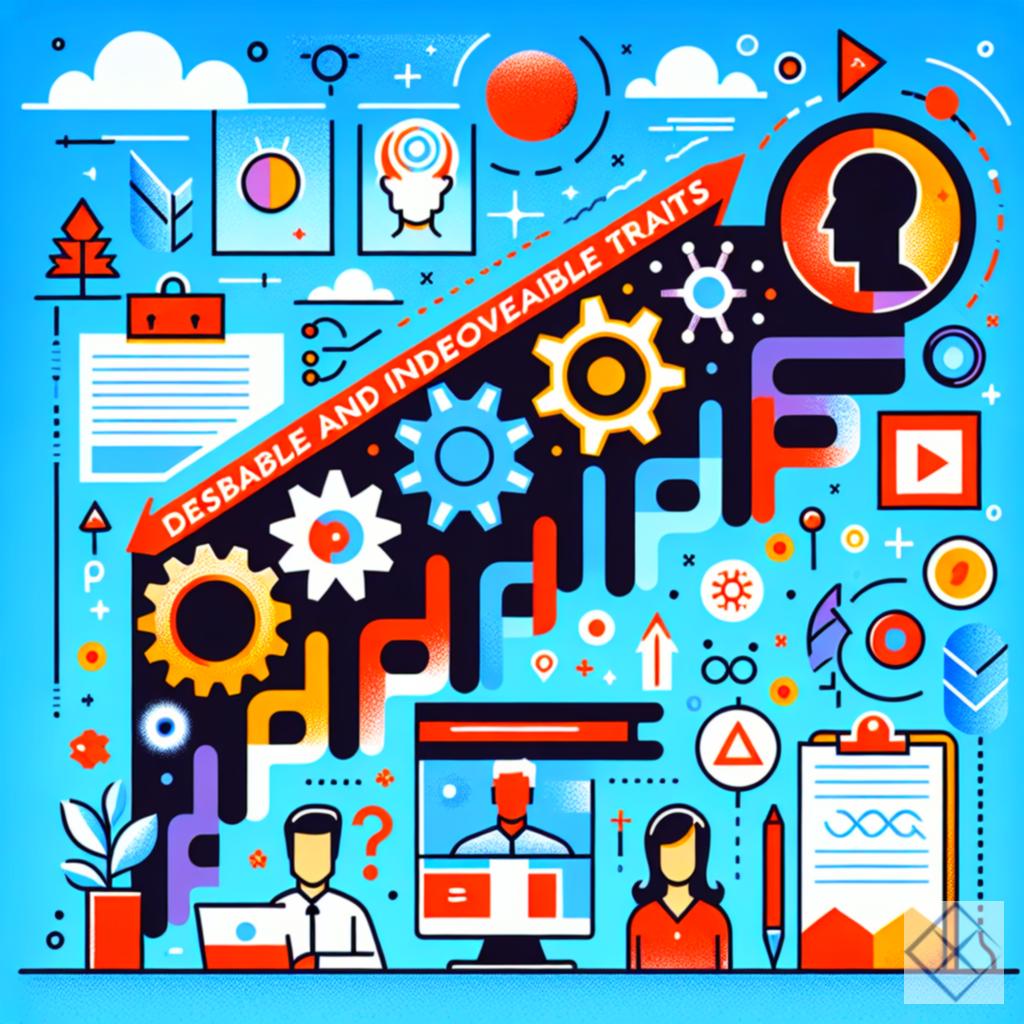Desirable and undesirable traits over the decades

Desirable and Undesirable Traits Over the Decades in Software Development
The landscape of software development has undergone significant changes over the past few decades, influencing the skills, traits, and behaviors that are celebrated or frowned upon in the industry. In this post, we will explore the evolution of developer traits through the lens of personal experiences and broader industry trends.
The Shift in Knowledge Sharing
In the early 2000s, a prevailing mindset encouraged developers to hoard knowledge to protect their job security. The belief was that by becoming indispensable through specialized knowledge, one could avoid layoffs. However, this mentality has shifted dramatically. Today, the ability to share knowledge and empower others is not just valued; it’s expected. As one commenter noted, “any smart company wouldn’t risk having all its eggs in one basket.” This transition from individualism to collaboration reflects a broader understanding that teams thrive on shared knowledge and mutual support.
The Rise of Generalists
In the past, many companies sought developers with expertise in specific tech stacks. This approach often disregarded transferable skills. Fast forward to today, and the demand for generalists—developers who can adapt and learn new technologies swiftly—has increased significantly. One contributor aptly summarized this shift: “being a generalist who can pick up knowledge has been common.” This change suggests a recognition that adaptability is essential in a fast-paced technological landscape.
Cultural Perceptions and Professionalism
Historically, software developers were often stereotyped as socially awkward or eccentric. The portrayal of IT workers in media, such as the British show The IT Crowd, reinforced this image. However, as computer science has gained popularity as a major and tech jobs have become lucrative, the expectation for developers to present themselves professionally has grown. A shift towards valuing communication skills is evident, as noted by one commentator: “if you’re a poor communicator, you’re generally a poor dev.” In today’s workplace, polished communication and professionalism are seen as essential traits for success.
The Evolution of Team Dynamics
In the past, being a “lone wolf” developer who produced significant output in isolation was admired. However, this archetype has become less desirable. The modern workplace emphasizes teamwork and collaboration, with many organizations adopting a “no assholes” policy to maintain morale and foster a positive environment. While some argue that independent thinkers can still drive innovation, there is a growing consensus that effective collaboration leads to better outcomes in software development.
The Decline of Tech Evangelists
The rise of tech evangelists—individuals who promote specific technologies or practices—has also faced scrutiny. In the 2010s, these figures often pushed untested ideas into codebases without real-world application. However, as the industry matures, there is a noticeable decline in the blind acceptance of these so-called “thought leaders.” The modern developer is encouraged to question advice and seek concrete reasons for adopting certain practices rather than following trends blindly.
The Importance of Soft Skills
The emphasis on soft skills has become a defining characteristic of successful developers. Traits such as empathy, communication, and the ability to collaborate effectively are now prioritized over purely technical skills. As one commenter pointed out, “the lines between paradigms and best practices have become a lot more blurry,” indicating a more nuanced approach to software development that values interpersonal skills alongside technical expertise.
Final Thoughts
As we reflect on these evolving traits and skills in software development, it’s clear that the profession is continuously adapting to the demands of the modern workplace. While certain qualities may have been celebrated or tolerated in the past, the emphasis has shifted towards collaboration, adaptability, and professionalism.
The future holds exciting possibilities for software developers—embracing change, fostering collaboration, and cultivating a culture of shared knowledge will be essential as we navigate the technological landscape ahead.
What are your thoughts on these changes? How have you seen the expectations for developers shift in your own career?
Unlock your potential! Schedule a 1-on-1 coaching session to enhance your collaboration and adaptability skills today!
Related Posts
- It feels like more and more we’re heading into a future with less software developers: whats your plan
- The value of domain knowledge.
- What is it called when someone takes readable code and optimizes it, which makes it less readable How do I get this to s…
- I was wrong about GraphQL
- Q: Is estimating a waste of time A: Yes.